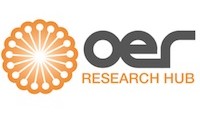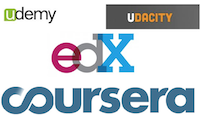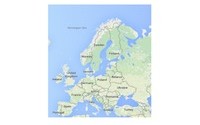
Peer Communication Through Blogging
With the emergence of mobile technologies, students’ access to computing devices is omnipresent, as is their ability to collaborate through multiple modalities. This 21st-century affordance has generated a shift in the way preservice teachers are prepared to use, understand. and interact with social media (e.g., blogs) during their academic years. This paradigmatic shift involves a movement […]
















